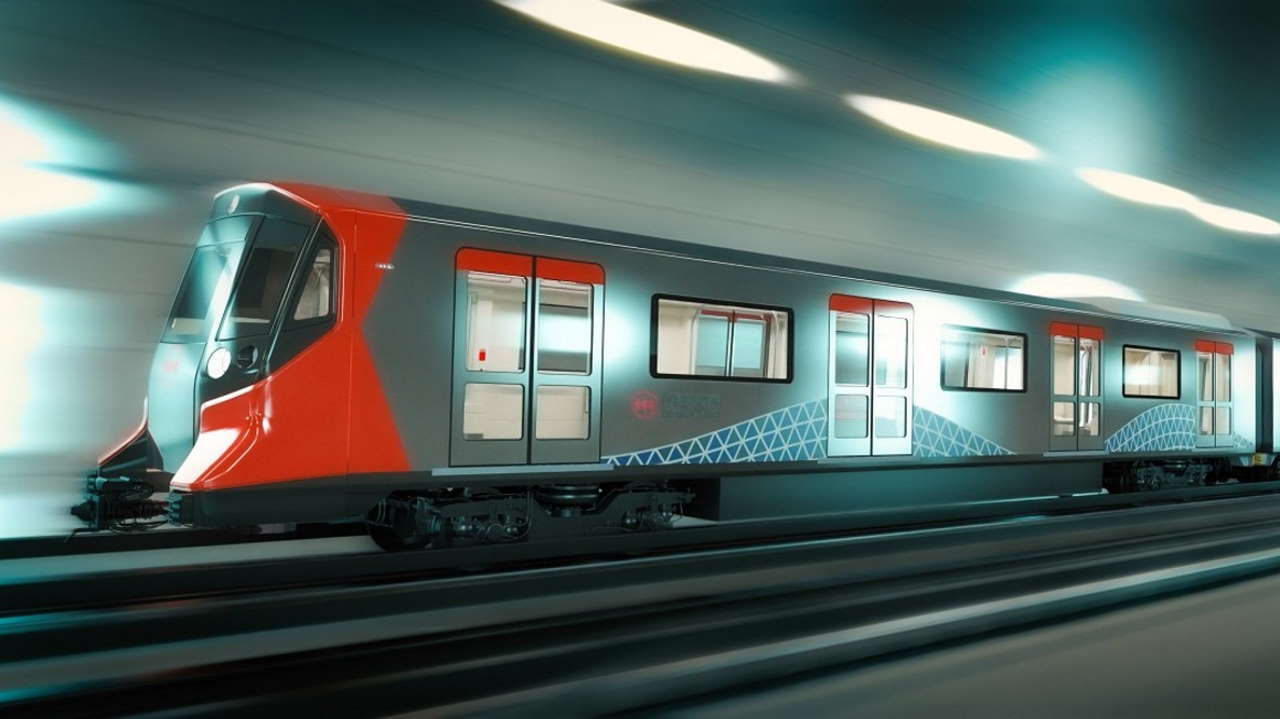The new trains alongside the CBTC signalling system will support increased capacity, throughput and efficiency for Metro de Santiago’s new Line 7, which is planned to launch during the latter part of 2027.
Managing Director of Alstom in Chile, Denis Girault, said:
“This contract is validation of Alstom’s smart and sustainable mobility innovations and advanced technology. Our trains and signalling system will improve not only the quality of mobility and transportation in Chile, by ensuring reliable, safe, and available transportation, but it will also provide the city of Santiago with an efficient environmentally-friendly alternative to road transport for millions of passengers,”
Alstom’s Metropolis range has been in operation for more than 20 years and provides flexibility allowing a variety of configurations. Every one of the 37 102m automatic Metropolis trains delivered by Alstom to Santiago Metro will provide a capacity to transport up to 1,250 passengers whilst bringing improvements for passenger travel experience.
The metros come with 4 wide doors on both sides to allow passenger ingress and egress, alongside wide aisles and open gangways between cars which will provide ease of movement onboard the trains between cars.
Santiago’s Metropolis trains will include air-conditioning and an advanced passenger information system that details route and station information. Security features on the trains include high-resolution external cameras and intercoms that maintain passenger communication with the control centre and will provide improvements for passenger and infrastructure safety.
The new trains will be manufactured by Alstom’s Taubaté plant in Brazil, with the first cars set to be delivered during 2025.
Denis Girault also said:
“Our trains and signalling system will improve not only the quality of mobility and transportation in Chile, by ensuring reliable, safe, and available transportation, but it will also provide the city of Santiago with an efficient environmentally-friendly alternative to road transport for millions of passengers.”
Alstom will also deliver its Urbalis CBTC signalling system over 26km of the line. Urbalis reduces the headway between trains, maximising the system’s capacity and supporting improved energy efficiency for operations. Alstom will also be merging advanced rail cybersecurity steps in order to improve the protection of Line 7’s train control systems for trains and signalling.
Metro de Santiago’s Line 7 which is currently being built will be 26km in length and will include 19 stations. The line will cross seven communes which are Renca, Cerro Navia, Quinta Normal, Santiago, Providencia, Vitacura and Las Condes.
Renca, Cerro Navia and Vitacura are being included on the Metro network for the first time and will provide connectivity for a population of approximately 1 million 365 thousand residents. When Line 7 beings operating travel time between the future terminal stations is anticipated to be 37 minutes which is a 54% reduction in travel time compared to the current bus system which takes around 80 minutes. Line 7 has seen investment of US$2,528 million.
Alstom comes with more than 30 years of expertise in CBTC and has overseen the delivery of more than 160 metro lines in over 25 countries and are recognised as a strong leader within the mass transit market.
With over 30 years of expertise in CBTC and over 160 metro lines equipped in over 25 countries, Alstom is recognised as a strong leader in the mass transit market.






Responses